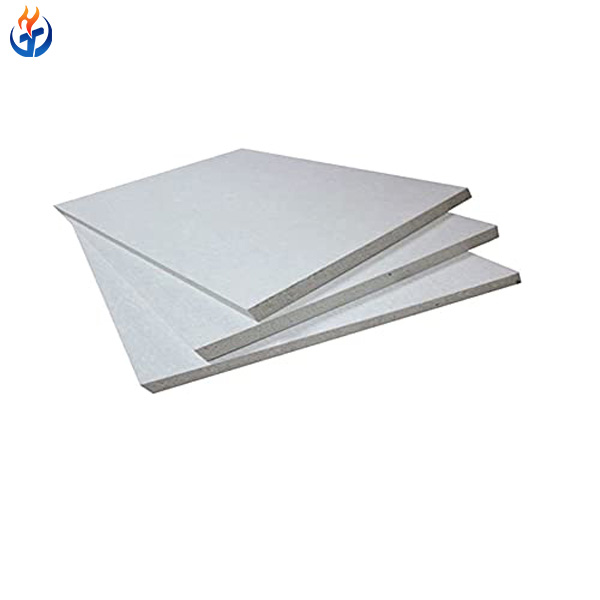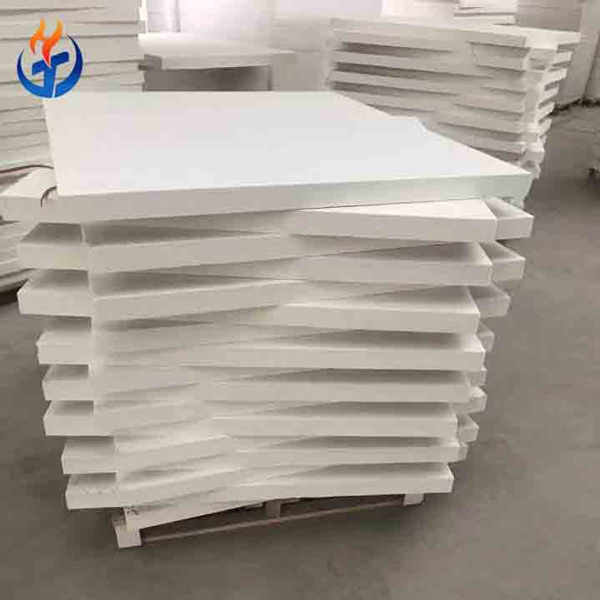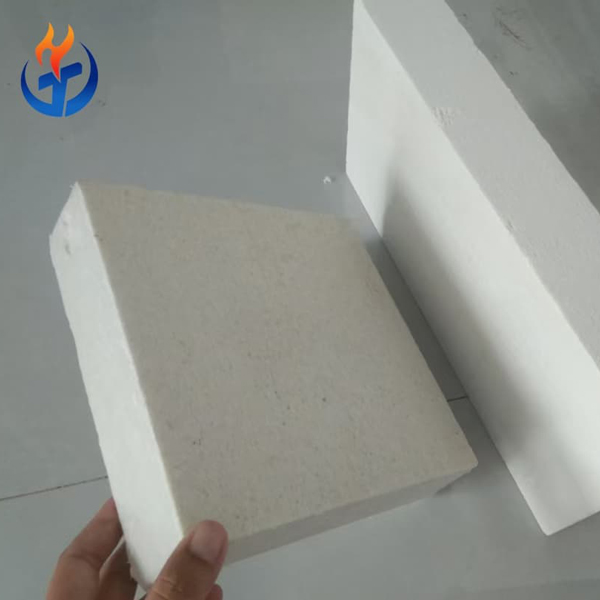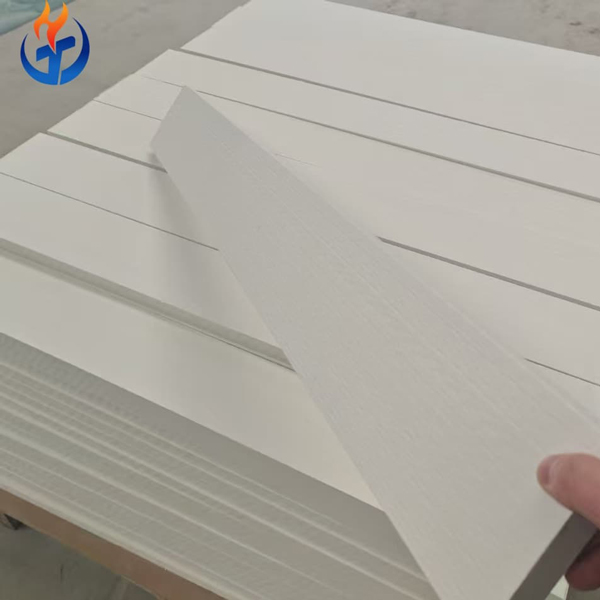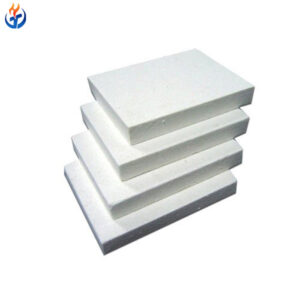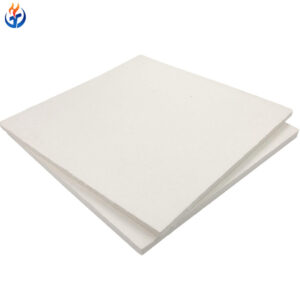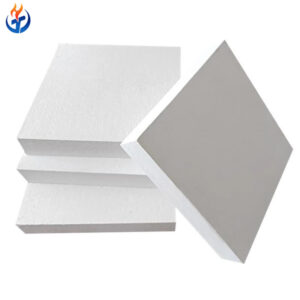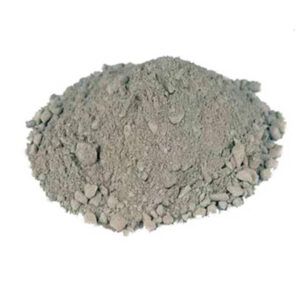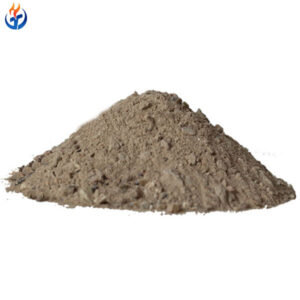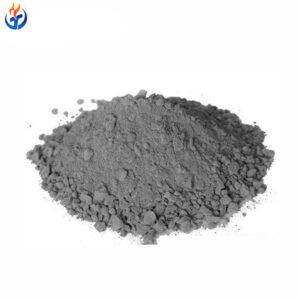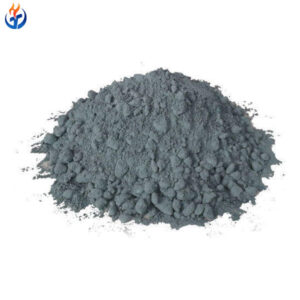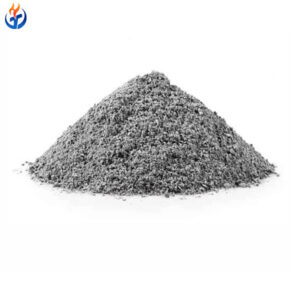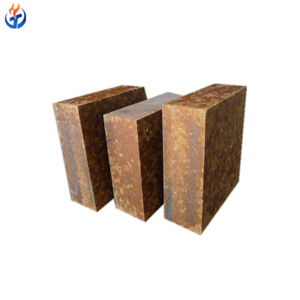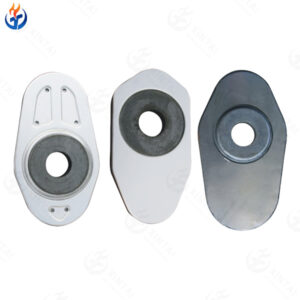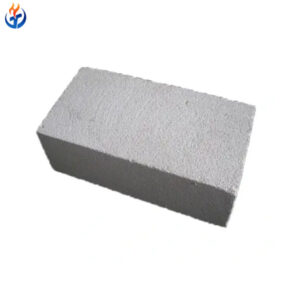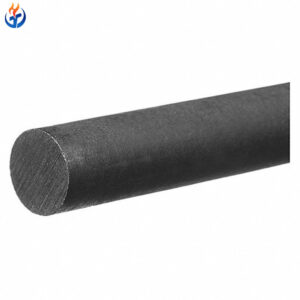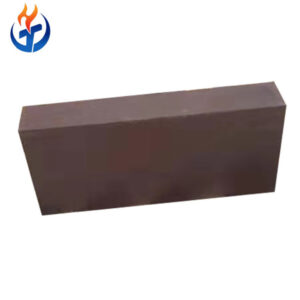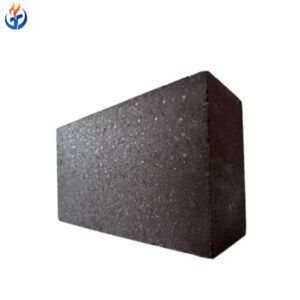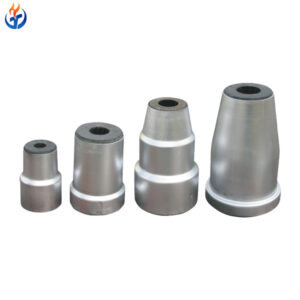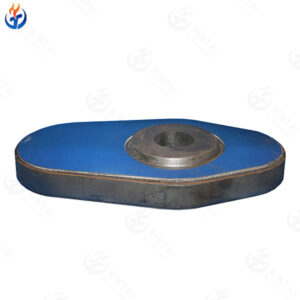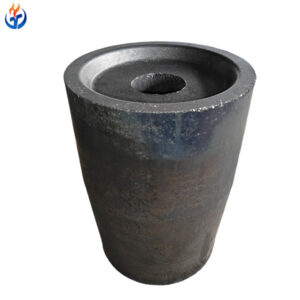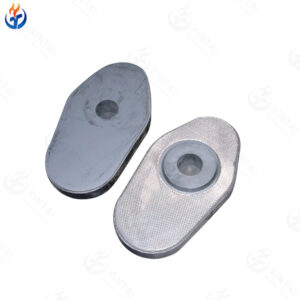XB140A Mechanism Ceramic Fiber Board is a high-performance, high-strength thermal insulation product manufactured using advanced vacuum forming technology. Designed for demanding industrial applications, this ceramic fiber board maintains structural integrity and insulation performance even under continuous operation at temperatures up to 1200ºC.
Made from high-purity ceramic fibers and inorganic binders, the XB140A model offers exceptional resistance to thermal shock, mechanical abrasion, and chemical corrosion. With low thermal conductivity and high compressive strength, it is ideal for use in kilns, furnaces, and other thermal equipment requiring robust insulation.
Technical Specifications of Mechanism Ceramic Fiber Board
| Parameter | Value |
|---|---|
| Classification Temperature | 1400°C |
| Brand | XB140A |
| Permanent Linear Change Rate | ≤ -31200 (℃ × 24h) |
| Thermal Conductivity (500°C) | ≤ 0.135 W/(m·k) |
| Moisture Content (%) | ≤ 1.5 |
| Organic Content (%) | Organic Content |
| Bulk Density | 300 kg/m³ |
Key Features
High Temperature Resistance: Operates continuously up to 1200ºC, classified for 1400ºC
Low Thermal Conductivity: ≤ 0.120 W/m·k at 500ºC
High Mechanical Strength: Withstands thermal shock and mechanical vibration
Excellent Dimensional Stability: Low shrinkage at high temperatures
Eco-Friendly Manufacturing: Contains minimal organic content; safe and clean during use
Custom Sizes Available: Thicknesses from 10mm to 100mm, cut to specifications
Typical Applications
XB140A Mechanism Ceramic Fiber Board is widely used in:
Industrial Furnaces and Kilns: Backup insulation or hot-face lining
Petrochemical Plants: Reactor linings, heat shields
Steel and Metallurgy: Ladle covers, tundish insulation
Laboratory Ovens and Reactors
Boiler & Heat Treatment Equipment
Production Details of Our Mechanism Ceramic Fiber Board
The XB140A Mechanism Ceramic Fiber Board is manufactured using an advanced wet forming technique with ultra-high purity aluminum silicate fibers. This board incorporates carefully selected inorganic binders that significantly improve its mechanical strength, thermal resistance, and dimensional stability under extreme conditions. Designed for demanding high-temperature insulation environments, the XB140A offers superior durability and excellent thermal shock resistance, making it suitable for rigorous industrial applications.
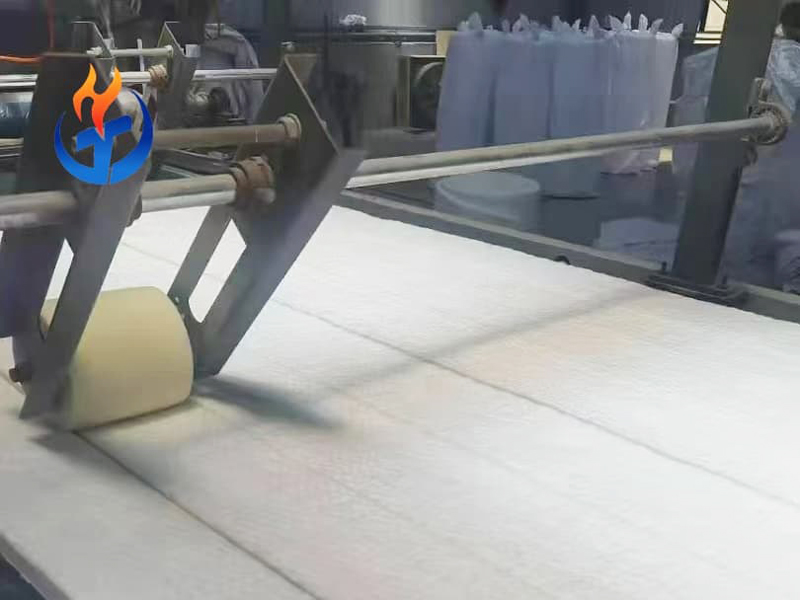
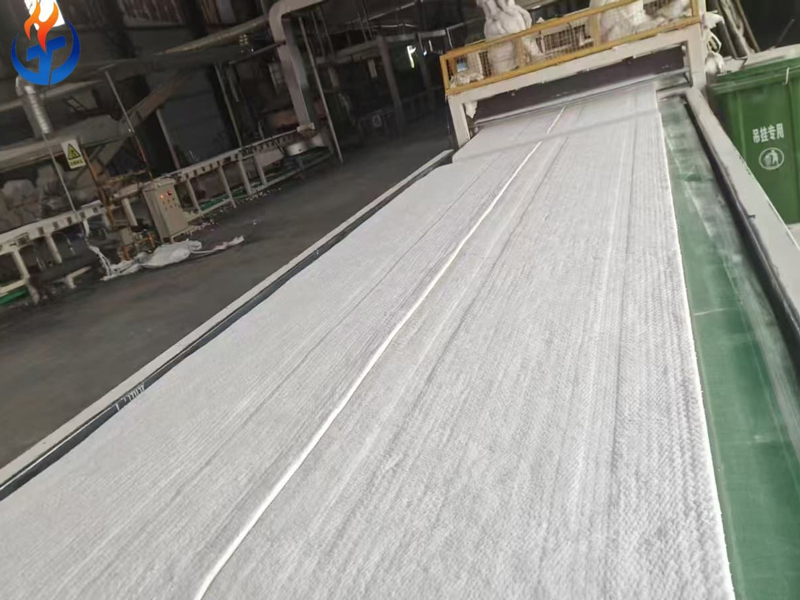
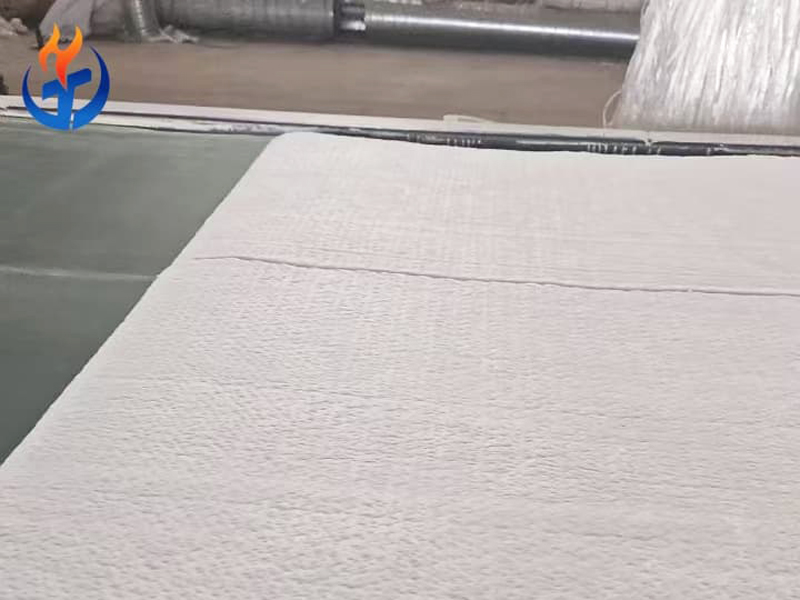
Packing and Shipping Details
Each roll is wrapped in moisture-proof PE film, packed in woven bags or heavy-duty cartons, and palletized for bulk orders. We support custom sizes, OEM branding, and fast global delivery via sea, air, or express.
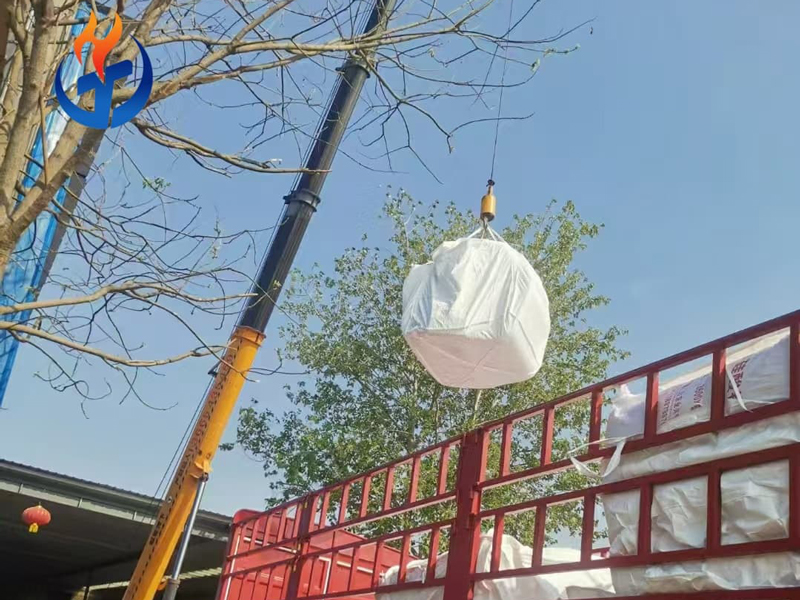
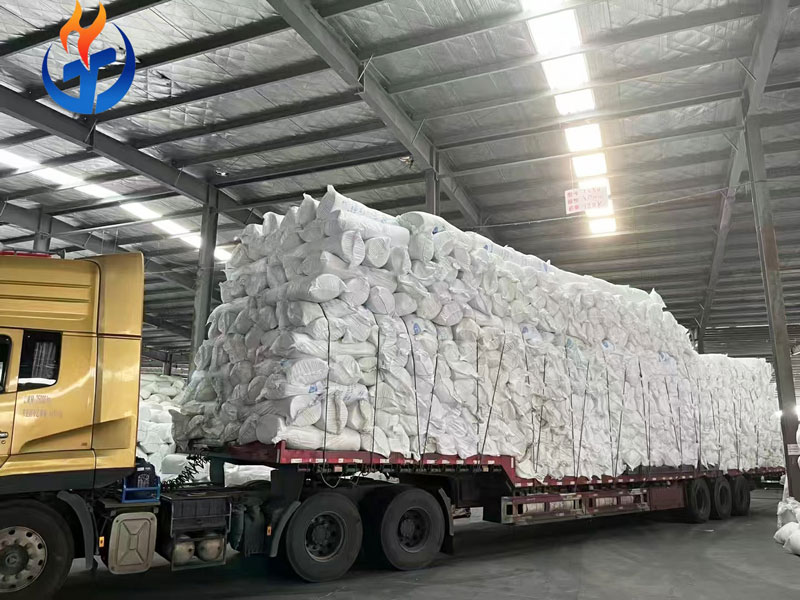
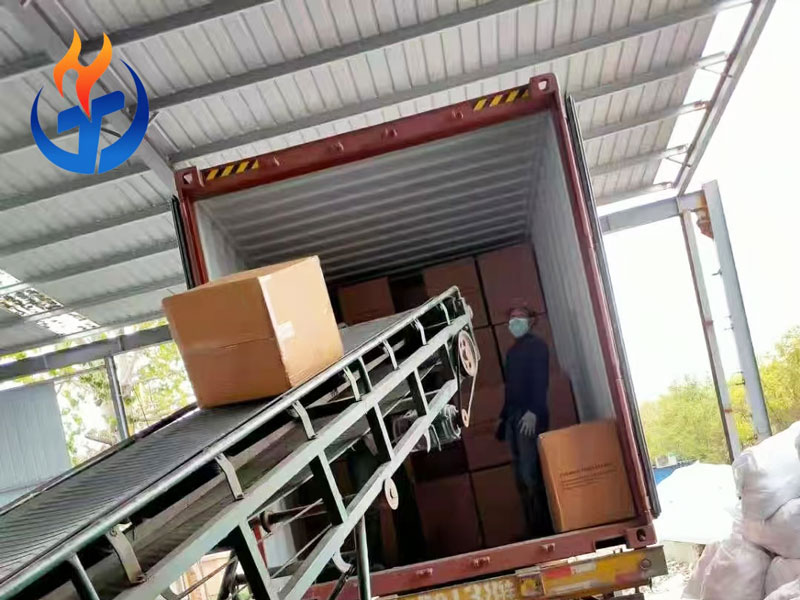
Frequently Asked Questions (FAQ)
Q1: What materials are used in the XB140A Mechanism Ceramic Fiber Board?
The XB140A board is made from ultra-high purity aluminum silicate ceramic fibers combined with specially selected inorganic binders to ensure enhanced strength and thermal stability.
Q2: What is the primary manufacturing process for this board?
It is produced through an advanced wet forming process that creates a uniform, rigid, and durable insulation board suitable for high-temperature applications.
Q3. What temperature range can the XB140A withstand?
The XB140A is designed to maintain excellent performance and structural integrity at temperatures typically up to 1400°C (specific ratings depend on application conditions).
Q4: What applications is the XB140A Mechanism Ceramic Fiber Board best suited for?
It is ideal for use in high-temperature insulation environments such as furnace linings, heat treatment equipment, and other industrial settings requiring superior thermal shock resistance and mechanical strength.
Q5: How does the XB140A compare to other ceramic fiber boards?
Compared to standard ceramic fiber boards, the XB140A offers higher mechanical strength, better dimensional stability, and improved resistance to thermal shock, making it suitable for more demanding industrial conditions.
Q6: Is the XB140A resistant to chemical corrosion?
Yes, due to the inorganic binders and high purity of fibers used, the XB140A exhibits good resistance to common chemical corrosives encountered in industrial applications.

